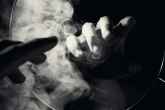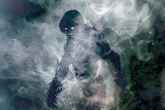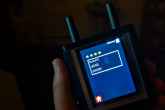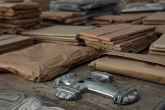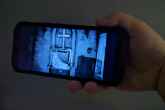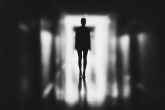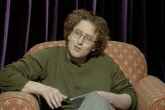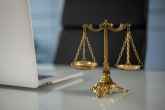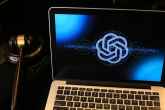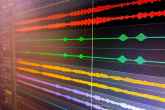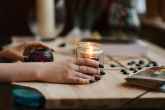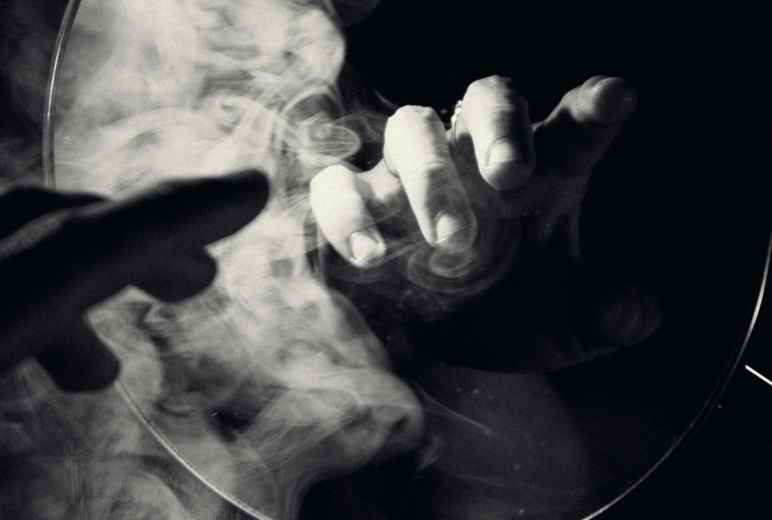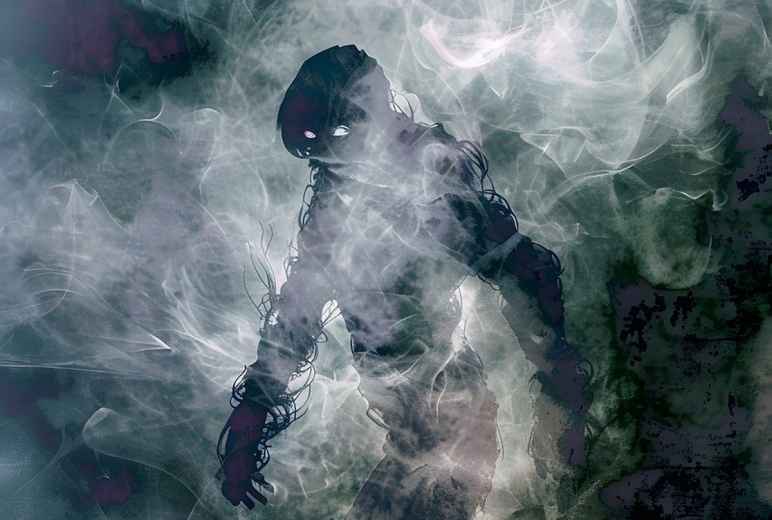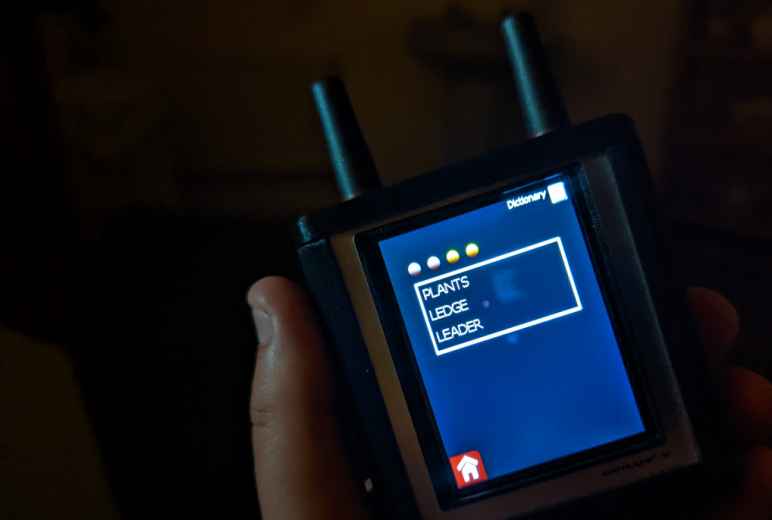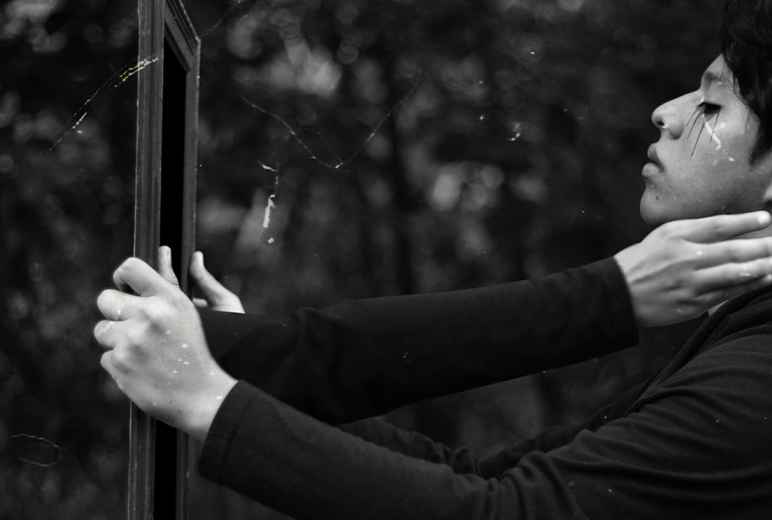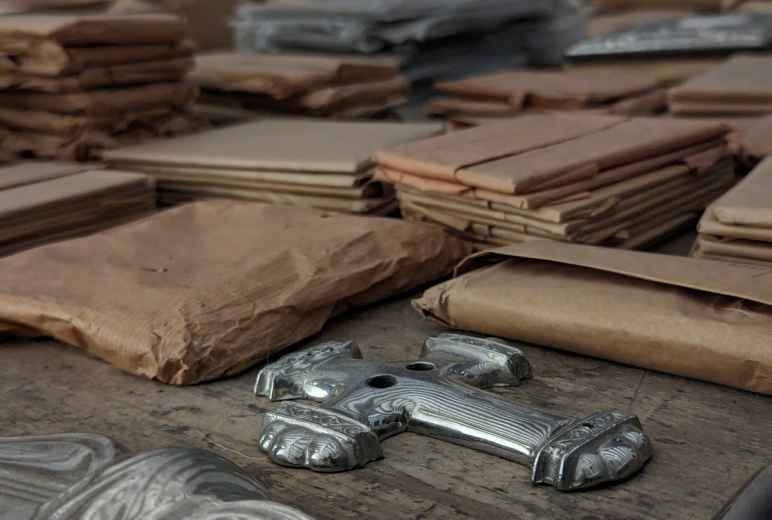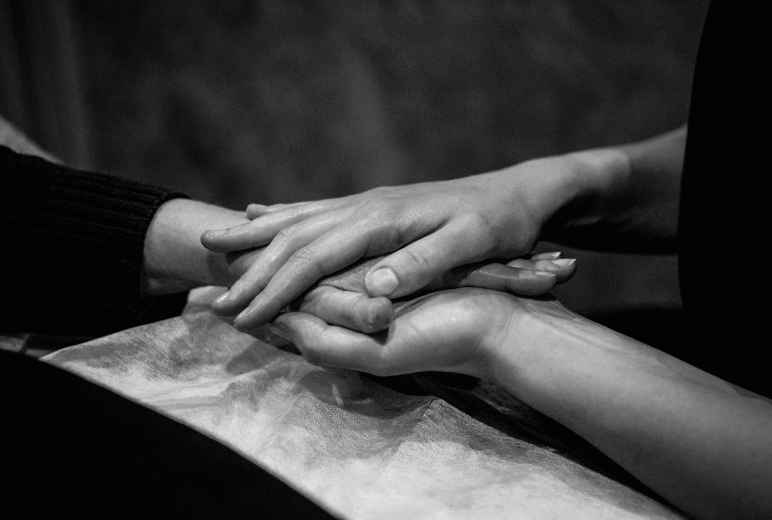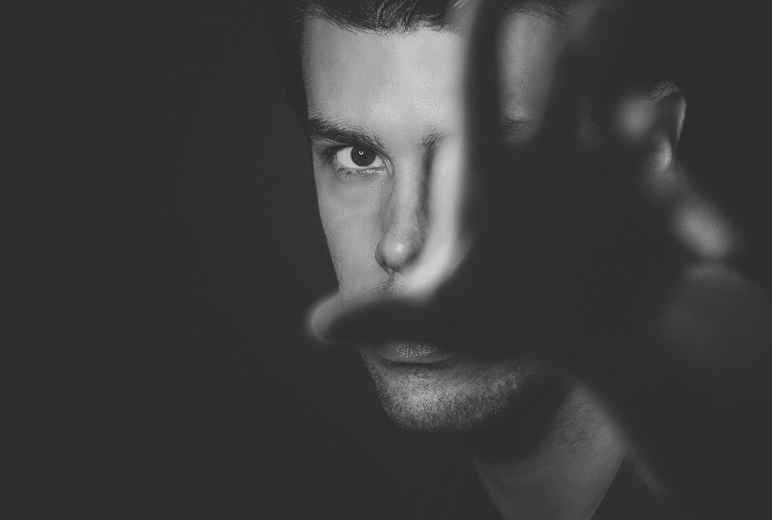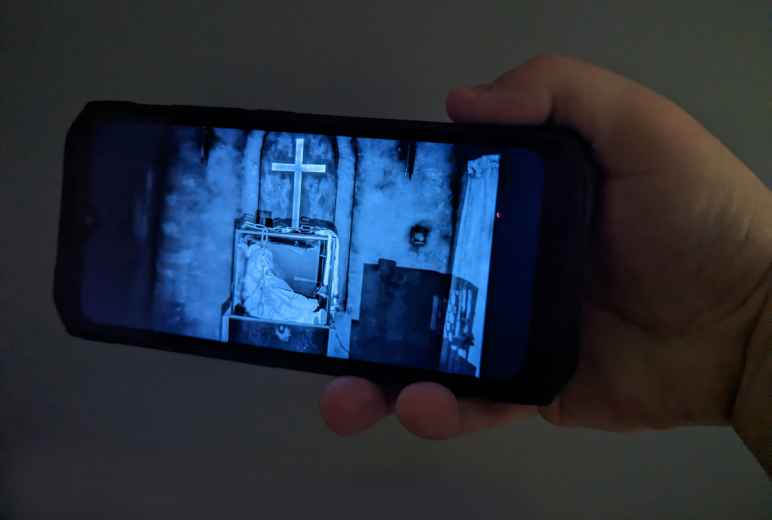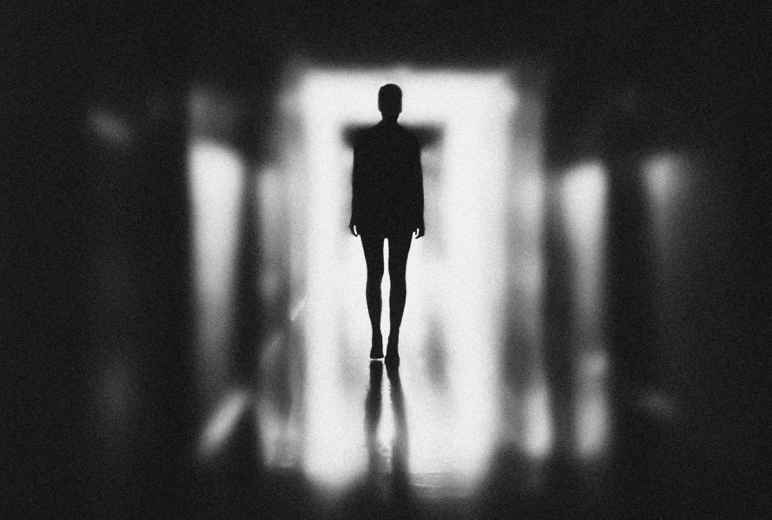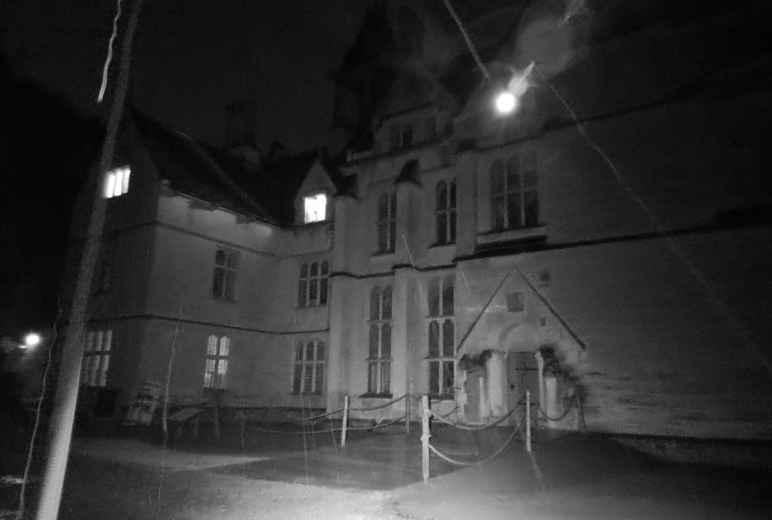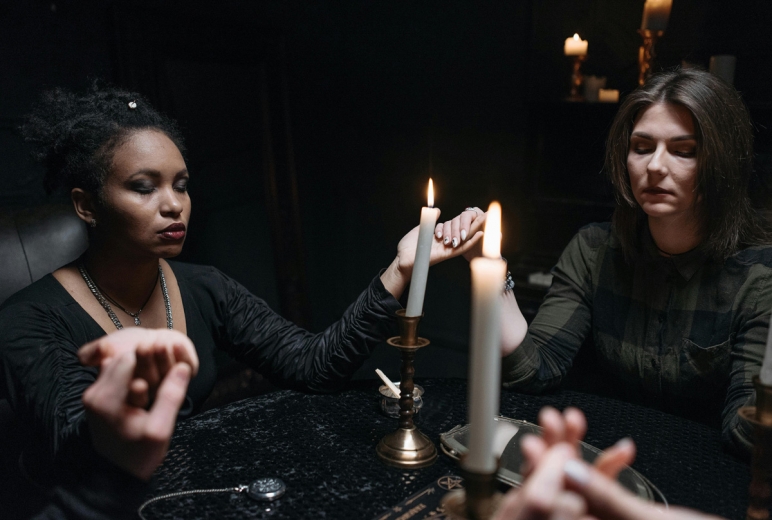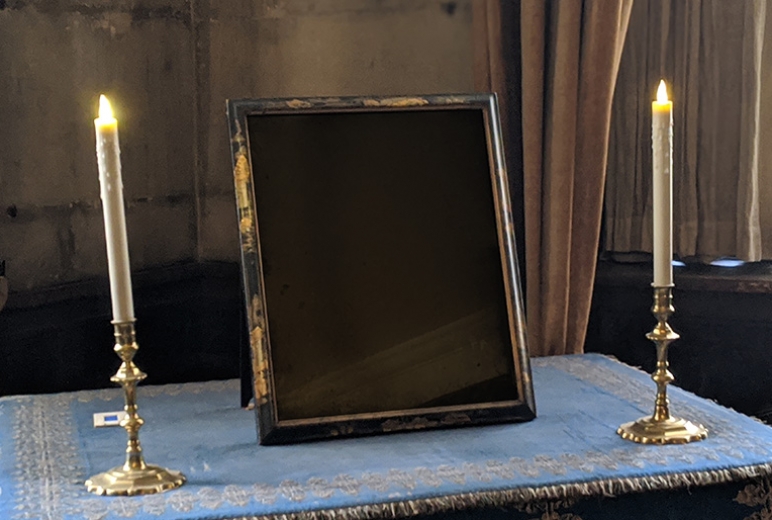A New Wave Of Debunkers Could Be Doing More Harm Than Good
March 26, 2024 1:00 AM ‐ Paranormal • Ghost Hunting
Believe ghosts don't exist? Think paranormal teams spread misinformation? Remember, resorting to flawed logic and assumptions to debunk their claims makes you no better than what you perceive them to be.
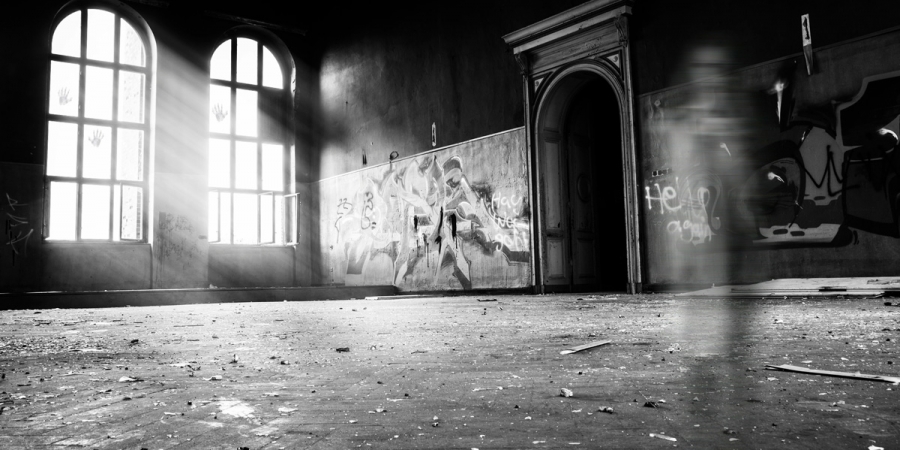
Photo: © Erik Müller
There's no denying that debunking and skepticism play crucial roles in the field of paranormal research. By questioning the validity of evidence and methodologies, investigators are pushed towards more rigorous standards, which is undoubtedly beneficial. However, the community has recently been confronted with a new wave of debunking channels on YouTube.
The role of debunkers, ideally, is to bring clarity and truth to a field where ambiguity and fraud are common, but instead of using their skepticism to cast a critical eye in order to validate evidence, these debunking channels seem hellbent on debunking everything they critique at all costs.
In the interest of transparency, I class myself as a skeptic, but even I disapprove of the approach of many of these debunkers. They appear heavy-handed, potentially causing more harm than good. As I see it, the world of paranormal investigation is riddled with questionable evidence, ranging from outright fakery to misidentification of natural phenomena. Ideally, debunkers should act as beacons of truth, cutting through the confusion. Yet, in their rush to dismiss every claim, this new breed of skeptic often leaps to incorrect conclusions, employing flawed logic in their critiques.
Arguably, debunking based on such shaky ground could be worse than fabricating evidence. These skeptics claim to possess a higher level of knowledge than the paranormal investigators they critique. However, if they fail to live up to this standard, they mislead their viewers, presenting their unfounded assertions as enlightened truth.
The problem arises when debunkers hastily jump to conclusions based on limited information. For example, a video clip might show an object seemingly moving on its own, but when critiquing this occurrence based solely on the video with no additional context. Videos alone can't provide a full account of the environment and circumstances at the time of the recording. They might not show what's happening just off-camera or fail to convey the overall atmosphere of the location.
Without being there in person, debunkers might not fully grasp the range of environmental factors, such as weather conditions, local wildlife, or nearby human activities, which could explain supposed paranormal phenomena. This makes it challenging to attribute the movement seen in the video to paranormal activity or to dismiss it as a draft or other natural explanation.
One common example of flawed logic being used to debunk that I often see relates to claims about ghost hunting apps. I often hear people dismissing a ghost hunting app's results as fabrications based on various things, including the claim that apps use voice recognition to eavesdrop on the investigator in order to provide relevant and meaningful results. However, those making the claim actually have no idea how the code that powers these apps works, and they overlook the fact that not all of these apps have permission to access the phone's microphone. I'm not for a second saying that all apps are credible and trustworthy, but debunking them based on incorrect assumptions is flawed.
When someone attempts to debunk paranormal claims and is incorrect in their assessment, it can unjustly discredit individuals or teams who are genuinely seeking answers or sharing their experiences. It also spreads misinformation, contributing to a culture of skepticism that dismisses all paranormal claims without proper consideration.
This growing trend may ultimately damage the credibility of the wider skeptic community, making it harder for valid debunking efforts to be taken seriously, even when they are being used for the right reasons - to help maintain credibility by weeding out false claims and evidence. This is crucial for the field to be taken seriously by both the general public and the scientific community.
If a ghost hunter claims to have recorded an Electronic Voice Phenomenon (EVP), a skeptic would look into whether the recording could have been influenced by external factors such as radio interference or ambient noise. Again, this can't be done based on video alone, as cameras only capture visual and auditory information, leaving out other factors that would be required to confirm the debunker's assumption.
This doesn't mean that it's impossible to debunk videos or other forms of alleged paranormal evidence, it just means that claims need to be backed up by solid, well-reasoned arguments and evidence. Effective debunking should be grounded in demonstrable facts and repeatable findings rather than speculation or assumption.
Take, for example, the phenomenon of 'orbs' captured in videos and photographs. These have been thoroughly debunked by both skeptics and paranormal investigators. Controlled experiments have repeatedly shown that what appear to be mysterious orbs are often nothing more than dust particles, insects, or moisture droplets close to the camera lens, illuminated by the flash or other light sources. Since this explanation is repeatable and verifiable under controlled conditions, it's justifiable to debunk orbs as evidence of paranormal activity.
Effective debunking isn't about disproving every claim outright. There is nothing wrong with labelling something inconclusive or unexplained. Even as a skeptic, I have experienced things during paranormal investigations that remain unexplained. While I have plenty of theories of what natural causes might have led to these experiences, I'm not able to prove any of them definitively any more than I can prove that I encountered a ghost.
I left another investigation that I was a part of, convinced that I had seen something unexplained. I did my best to try to debunk the strange lights I'd seen that night, but I couldn't. However, I returned to the same location a few months later and experienced the same thing again. It was only due to this second occurrence that I was able to deconstruct the situation and work out what was going on. There is no way I could have ever reached this conclusion based on a video recording of the first event alone. It required repeated occurrences and being present at the location.
Fakes and misrepresented evidence should be called out by skeptics and debunkers, but to ensure these debunkers have any credibility going forward, they need to aim to inform and clarify, not just refute and dismiss. If done correctly, debunking is a valid part of the investigation process that can help distinguish genuine phenomena from natural or fraudulent occurrences, protect individuals from deception, and promote critical thinking and educational growth.
Make Your Evidence Skeptic Proof
Below are some tips and best practices that might help keep debunkers at bay and make your video evidence more credible.
Start by recording a complete walkthrough of the location before beginning the investigation to show the layout and highlight any relevant environmental conditions. Show the setup of equipment, including the placement of cameras. If possible, control the environment to minimise external influences. This could involve closing windows to prevent draughts or ensuring that only team members are present to avoid contamination from other parts of the building.
Invest in good-quality cameras, as this will help you capture clearer images, which can be crucial for later analysis. Whenever possible, use multiple cameras to capture different angles of the same phenomenon. Avoid editing footage unless necessary for length or relevance. Continuous footage helps maintain the integrity of the evidence, showing events in real-time and preventing accusations of tampering or selective editing.
Related Content
Daily Horoscopes
You May Also Like
